Who wouldn’t like a little nip, tuck, snip or clip somewhere on their body? Apparently, half of all Americans would like to see their bodies altered with cosmetic surgery, according to a survey by the American Society for Aesthetic Plastic Surgery. With all of the excitement over a little help from a cosmetic cleanup, there is still anxiety and stigma about the facelift. There are concerns about the procedure itself and the recovery. It’s time to throw tired worries – along with the wrinkles – to the wind. There are new techniques that take the fear out of the facelift.
By Dawn Tongish
Just a glance at the before and after shots tell the tale of which Hollywood starlets have chosen to turn back the clock with a little cosmetic help. Some celebrities openly share their plastic surgery stories, like TV Host Sharon Osborne and fashionista Donatella Versace. Both willingly admit they’ve used procedures to tune up their looks and shave off a few years. Others, however, choose to be coy about cosmetic remedies. TV Icon Ellen Degeneres, who recently appears to look noticeably younger, is leaving her fans and audience guessing — did she or didn’t she?
The Stigma Surrounding The Facelift
It has been three decades since Betty Ford revealed she’d had a facelift. It was indeed the ‘first facelift’. Since then Americans have become more accepting of cosmetic procedures and the facelift, but there is still angst, fear and concern about nipping and tucking the face. Experts say that some opt to keep facial upgrades a secret because of the stigma that still exists surrounding the facelift.
“Facial aesthetics and facelifts are given a bad wrap,” according to Dr. Brad Calobrace. Calobrace, a plastic surgeon who practices in Louisville, Kentucky, says his patients often get “freaked out” about getting a facelift. To alleviate the fear, Calobrace created the ‘Calolift’ – a mini facelift. He says that just tweaking the name helped patients feel calmer about the procedure. He could then go on to explain how the lift is necessary at a certain age.
“I think that sometimes a facelift is a better option than just adding more fillers or more Botox. We are trying to deal with facial aging that can be about loss of volume, and about sagging of the skin.”
When Do I Need A Facelift?
It may be a question that only you can answer, along with a good long look in the mirror and a proper consultation with a board-certified plastic surgeon. Each person ages differently. Experts say that non-invasive cosmetic options may be able to keep the facelift away throughout the early decades, but there will come a time when the procedure is necessary to decrease loss of volume, wrinkling and sagging skin. For some people that could be as early as the 50’s, for others it could be pushed back a few years. Experts say that throughout the 50’s, most people lose a tremendous amount of facial volume. It’s best to improve your look when the changes look natural, not drastic.
“It’s got to be subtly done because if it’s overdone, it becomes a permanent burden for the patient,” explains Dr. Richard Zienowicz. Zienowicz says he has seen over-the-top facial procedures that mimic the looks of tabloid talk like Meg Ryan and Goldie Hawn. He says patients need to avoid extreme outcomes at all costs. “It’s just not good when that happens.”
Zienowicz, a plastic surgeon in Providence, Rhode Island says often less is more when it comes to the facelift. He says most patients will also need fat grafting along with the facelift. “If they are on the plump side they won’t need it, but I am talking about the average, every day person who has dropped facial volume quickly.”
The goal in getting a facelift should NOT be to look like you did 30 years ago – that won’t happen. Think about walking away with a refreshed, less-tired look. That will be a success and a fresh-faced, new start.


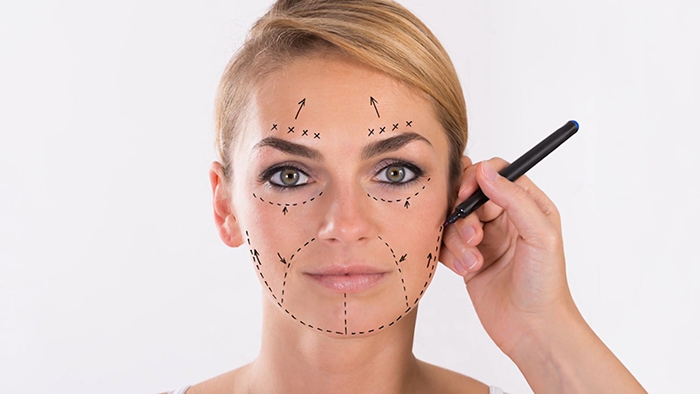
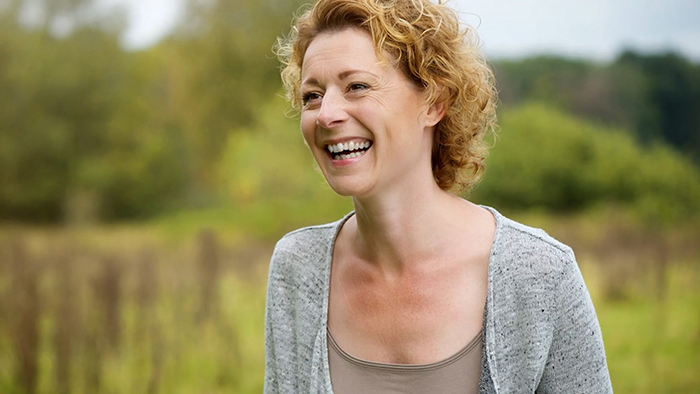
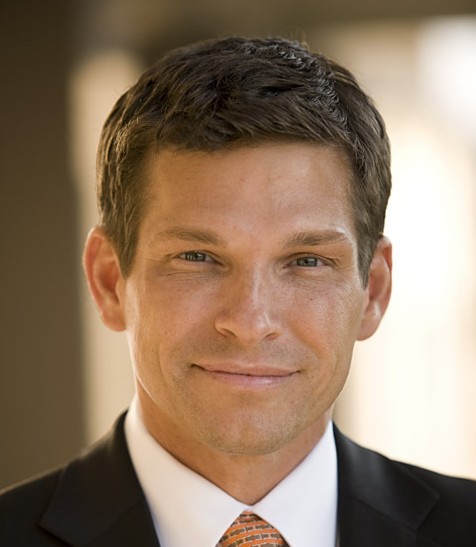



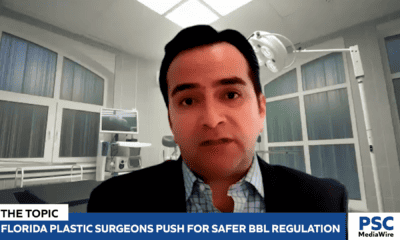
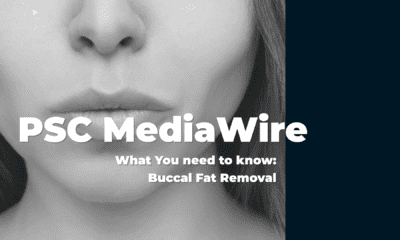








Facebook
Twitter
Instagram
YouTube
RSS